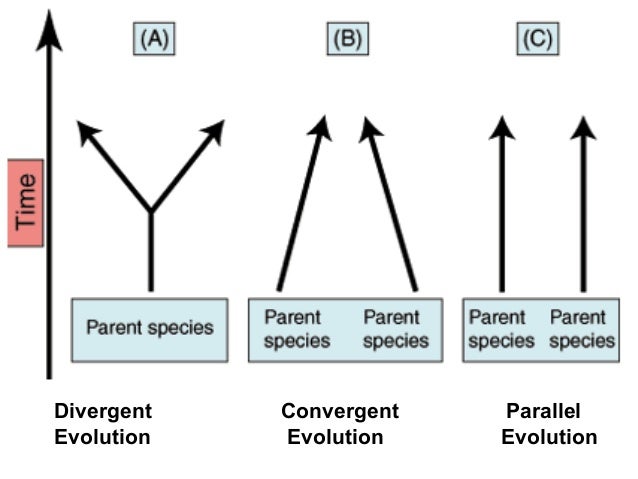It's so strange how so many coincidences (and nothing more according to our neighbours on our north, east, and south borders) happen when it comes to the Albanian language and archaeology.
This is a bronze coin found in what is today "Ohrid" but according to archeological consensus used to be the Ancient Greek city of "Lychnidos."
First thing to note is the coin doesn't name the city as Lychnid-os but Lychni-dion
I was interested to see the etymology of "Lychnidos" and was surprised to see this explanation from the wikipedia link:
"In antiquity the city was known under the ancient Greek: Λυχνίς (Lychnis) and Latin: Lychnidus,[6] probably meaning "city of light", from Greek λυχνίς (lychnis, gen. lychnidos), "a precious stone that emits light",[7] from λύχνος (lychnos), "lamp, portable light".[8] By 879 AD, the town was no longer called Lychnidos but was referred to by the assimilated native people as Ohrid, possibly from the Slavic words vo hrid, meaning "on the hill", as the ancient town of Lychnidos was at the top of the hill.[9][10] In Macedonian and the other South Slavic languages, the name of the city is Ohrid (Охрид). In Albanian, the city is known as Ohër or Ohri and in modern Greek Ochrida (Οχρίδα, Ωχρίδα) and Achrida (Αχρίδα)."
LINK:
https://en.wikipedia.org/wiki/Ohrid?oldformat=true
Well, the reason I was surprised is because the word "Liqen" (q in albanian is pronounced like "ch" in "cheese") means Lake.
Liqen-i means "The Lake." It should be obvious it comes from the same PIE root as English Lake also.
This is Lake Ohrid from space:
So I guess my question is this:
Archeological, ethnographic, linguistic, and now Y-Dna and Autosomal DNA all corroborates that Albanians have been neighbours with Greeks for a very long time.
So why, in contrast to the Greek language, which is the #1 most studied Language on earth is Albanian among the least?
Even if Albanians had never contributed even ONE historically relevant person in all their existence, the language should be of interest by mere virtue of being right next
to the most studied one. And there are plenty of more recent historical figures in from the small Albanian population reaching from artists (Gjon Mili), a pope (Giovanni Francesco Albani), to statesmen (Francesco Crispi) and so on
to prove to even the most racist haters that at least in more recent history there have undoubtedly been important Albanian individuals.
In Ancient and Classical studies it is not even the slightest bit controversial to work on etymoligies and theories of origins of cultural phenomena by surmising foreign influence. It is very common that
for something unexplained a scholar may refer to Sumerian, Phonecian, or other very far away Semitic cultures based on trade routes and such.



